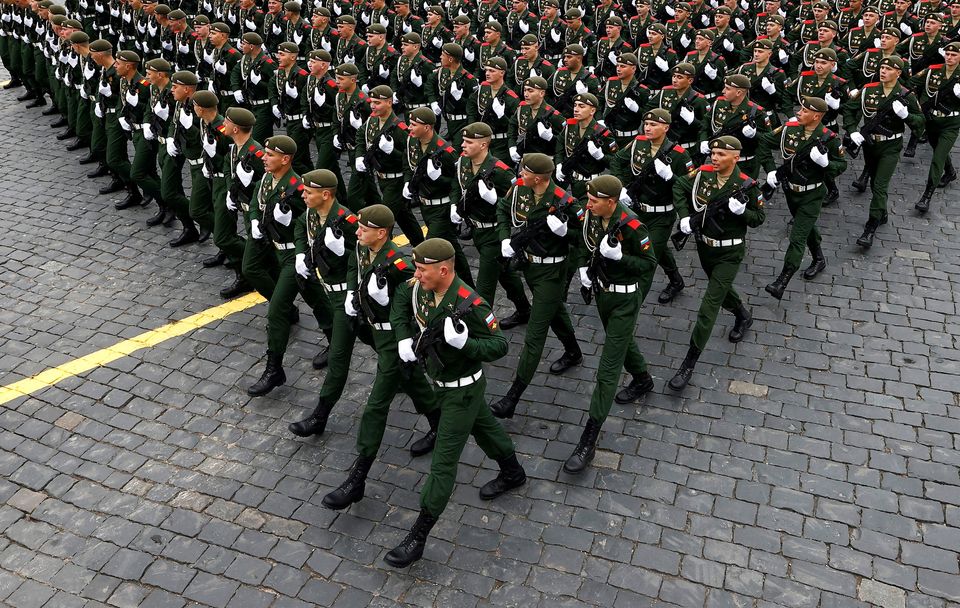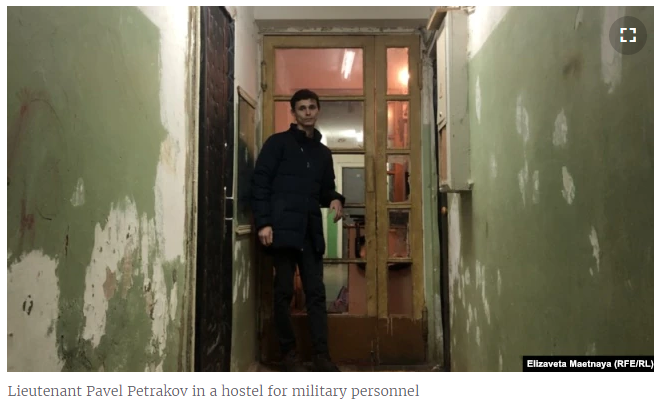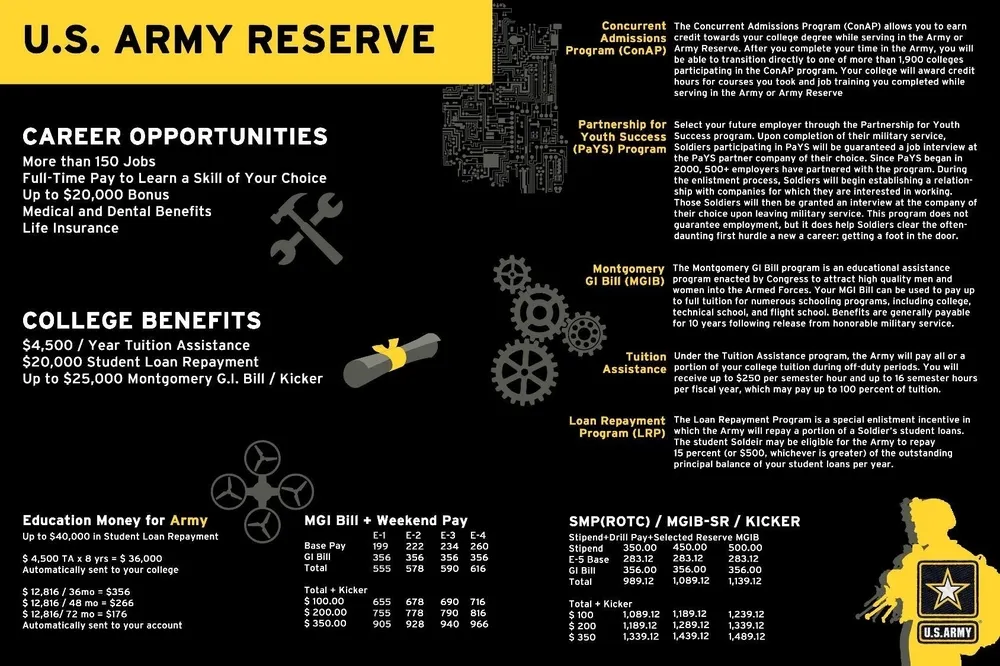All On the Shop Window: A Note on Russian Enlisted Reserves

As of mid-April in 2022, the front line in Ukraine appears to have stabilized. Russian forces have withdrawn from many of their positions in the north, abandoning any attempt to encircle Kiev or push south on the West bank of the Dnieper. Setting aside propaganda claims and counter-claims, it is clear also that the Russian military's losses in this area have been substantial: let us say some 20,000 of what their World War 2 forebears would have called "irrecoverable" losses (killed, wounds requiring hospitalization, and missing). Some analysts are arguing that these losses may have crippled Russian offensive capabilities. Even in terms of a more limited offensive in the Donbass area, the Institute for the Study of War has noted that "there are good reasons to question the Russian armed forces’ ability to do so and their ability to use regenerated combat power effectively".
Reconstituting these units to restore any notable fraction of their nominal power would take months. The Russian military would have to incorporate new soldiers bringing the units back up toward full strength and then allow those soldiers time to integrate into the units. It would also have to allow those units to conduct some unit training, because a unit is more than the sum of individual soldiers and vehicles. The combat power of a unit results in no small part from its ability to operate as a coherent whole rather than a group of individuals. It takes time even for well-trained professional soldiers to learn how to fight together, and Russian soldiers are far from well-trained. The unit would also have to replace lost and damaged vehicles and repair those that are reparable. The unit’s personnel would need time to regain their morale and will to fight, both badly damaged by the humiliation of defeat and the stress and emotional damage of the losses they suffered. These processes take a long time. They cannot be accomplished in a few weeks, let alone the few days the Russian command appears willing to grant. Russian forces withdrawn from around Kyiv and going back to fight in Donbas in the next few weeks, therefore, will not have been reconstituted. At best, they will have been patched up and filled out not with fresh soldiers but with soldiers drawn from other battered and demoralized units. A battalion’s worth of such troops will not have a battalion’s worth of combat power.
The average reader may be puzzled that Russia, of all places, would have trouble finding replacements for maybe 20,000 casualties without needing to throw in untrained recruits a la Enemy at the Gates. There are two problems: one of specialization and one of reserves.
Specialization is the reason why, although the number of professional soldiers in the Russian military clocks in at around four hundred thousand, there are actually not that many of them who are usable as infantry reinforcements. Whatever its problems, Russia possesses a technologically advanced military, and this requires a great deal of specialized personnel that cannot be improvised out of conscripts serving one year or less. In principle Russia could re-assign, say, missile-launch warrant officers or radar technicians to motor rifle battalions, but this would be both wasteful and not much better, in terms of military effectiveness, than simply training a similar number of new recruits. But are there really no reserves of former professional infantrymen that could be mobilized? The answer appears to be no, and the reason may have more to do with the political economy of the Putin regime than a simple deficiency in planning or doctrine.
Most militaries that use volunteer professionals will have a system to place these individuals on some kind of reserve list after they complete their active service. This is distinct from people enrolled only in the country's part-time militia system or the conscripted component of its military. Thus, both in conscript and wholly volunteer militaries, there are usually two kinds of "reservist". Many may well be "weekend warriors" or former short-term conscripts glad to be rid of barracks life (or civilians liable to service but so far happy to have escaped an actual call-up). But there will usually be a significant contingent of people who completed at least one full term of service of two years or more, and who thus have a level of training and experience that allows them to be integrated more quickly into combat-effective units. A useful example here is the British Expeditionary Force of 1914, where close to 60 percent of its storied "regular" soldiers consisted of this kind of reservist, called up from civilian life after the declaration of war (readers of the "Old Soldier" books may recall Frank Richards was one of them). They were used both to bring existing battalions to full strength and to quickly create additional "wartime" battalions, all this quite separately from the mobilization of the part-time Territorial Army or the later "New Armies" of Kitchener volunteers.
It is a startling fact about Russia that, despite continued attempts to develop a substantial professional volunteer component since at least the Serdyukov reforms of 2007-8, it lacks anything like such a system. As with so many Russian military weaknesses revealed by this war, a key problem appears to be the balanced-budget hawkishness of the Putin government. Armies always tend to favor equipment procurement over personnel and readiness, and in Russia the strain was intensified by the 2014-15 sanctions and the escalating round of fiscal retrenchment that followed. The recruitment of professional soldiers continued and their overall numbers still grew, but this was barely enough to keep up with the staffing needs of a growing number of "deployable" Battalion Tactical Groups (indeed less than enough: there have been many reports of oddly undersized platoons and squads in Russian mechanized units).
There are some peculiarities of Russian military institutions that don't help either. Outside of a few specialized units, there is no real "career advancement" for enlisted Russian soldiers, simply because their officers perform many of the duties that in Western armies are the province of the NCOs corps. Thus, indifferent pay and lack of meaningful promotion prospects may have turned the Russian professional volunteer military into what some analysts feared the US Special Forces would become relative to Blackwater and other PMCs: a feeder or farm system for outfits like the Wagner Group or private sector employers, where soldiers do time in the army just to get their "ticket punched" before going to the private sector to make some real money (and also perhaps assume more interesting command positions).
This doesn't mean there are no benefits to senior enlisted personnel under the Russian system (their pay scale weighs time-in-service heavily), but simply that the attractions of the private sector (in a military where accommodation conditions even for junior officers can be horrendous) are likely to be overwhelming for many soldiers who might have otherwise constituted an enlisted reserve. In the US, as each wave of contract soldiers goes through the system, a reserve is being built up of experienced NCOs at the higher ranks and reservists with serious training and time in service in civilian life. But in Russia many of those individuals will be either in a PMC, bodyguards for starlets or oligarchs, or simply in the wind. (In 2015 the Russian MoD admitted that it was not tracking former soldiers--this has presumably been remedied at least formally, but it shows the depths of the problem.) Starting last year there were attempts to build something like this with the "Boevoy Armeyskiy Rezerv Strany" or BARS, but it was clearly too little, too late, and this program has now folded into Putin's general appeal for volunteers to fight in Ukraine.

And here I suspect neoliberal penny-pinching comes in: primary budget surpluses turn out not to be that useful for war. All that money Putin spent acquiring his Smaug-like hoard of (it turns out) un-sellable gold would probably have been better used to raise the bonuses and accommodation for senior professional infantrymen, and creating an enlisted reserve system that could actually attract and retain qualified personnel. While it is true that Russian military spending has increased in the years since the last Ukraine war, a great deal of it appears to have gone to high-end weapons of (so far) limited utility in a ground war. Reservists do have to be paid for, especially if they're well qualified, but there are few political benefits for doing this in peacetime. Next to prototypes for new generations of hyper-sonic missiles or tanks, however dubious these may be in practical terms, reservists in their mid-to-late 20s aren't that impressive to put on a May Day parade. But here it must be said that, in skimping on readiness to fund procurement, Russia has been as "Western" as any other country's military.

In closing, I should add that I do not think these problems will preclude potentially successful offensive military action by the Russian military. Limited set-piece assaults, with lavish artillery support and careful use of combined arms (no more thunder runs by mechanized companies speeding through the countryside), should still be within the capabilities of a redeployed Russian force. And the Ukrainian Army's position in the Donbass is such that even local advances could have serious operational implications. The Russians will also dispose of the fully-mobilized forces from the separatist republics (some 10-20,000 militiamen). Their combat performance appears to have been uneven (more because of lack of training and slapdash organization rather than lack of morale), but they should be useful both to secure captured terrain and (as appears to have happened in Mariupol) to conduct much of the dirty, casualty-heavy work of assaulting fortified positions. As I hope to discuss in a future post, "styles" of war-fighting suit different armies differently. "The poorer the infantry, the more artillery it needs" George S. Patton recalled a French officer saying, and it can be the beginning of wisdom to recognize that, if one has an underfunded military that skimped on its personnel expenditure to build up large but unsophisticated equipment stocks, high-tempo blitzkrieg or "deep battle" offensives are best left in the history books.